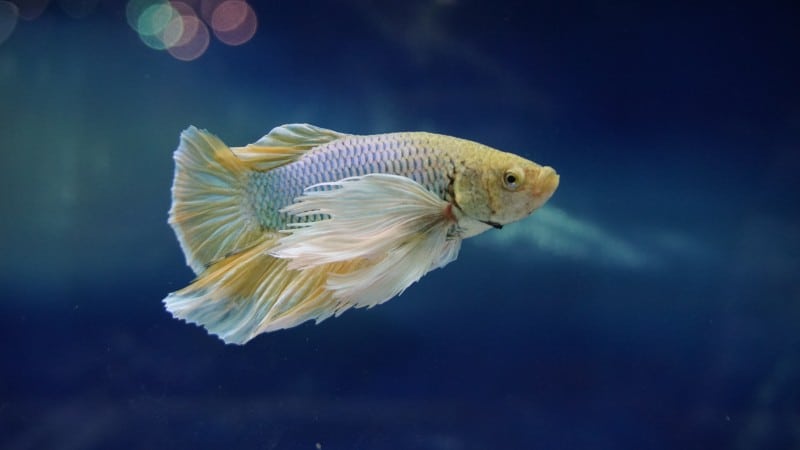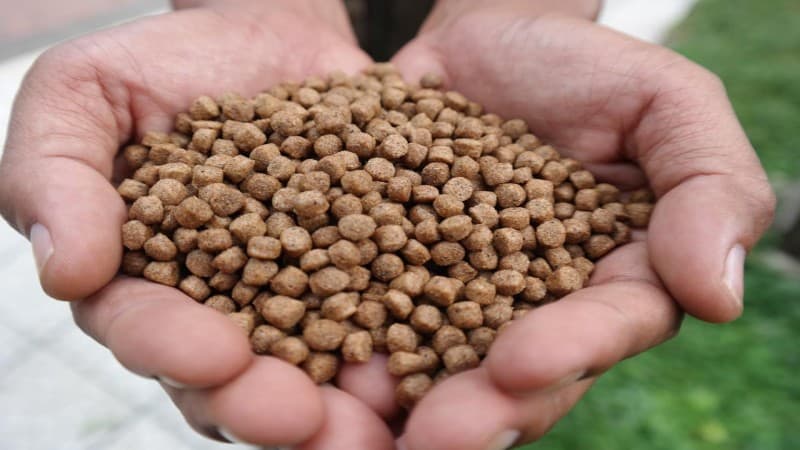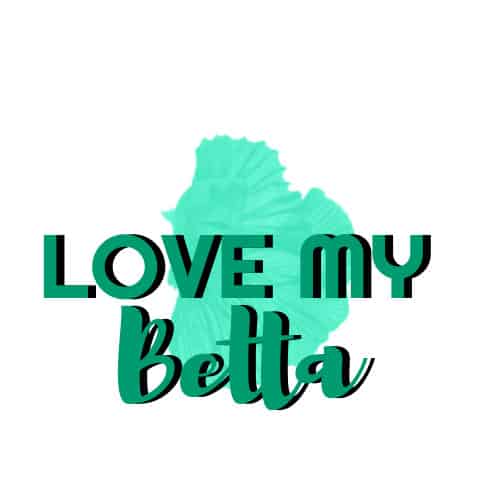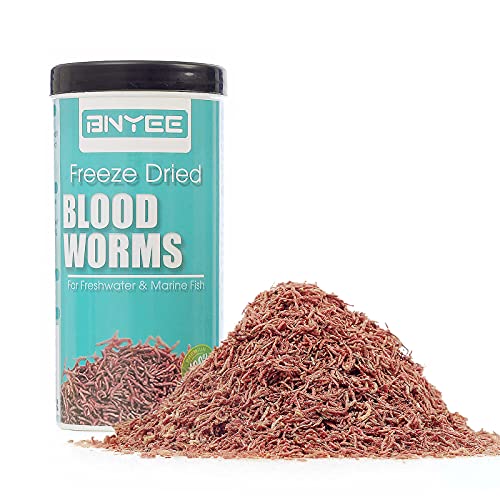Last Updated on April 12, 2022
Betta fish are popular pets for their beauty and intelligence. These little guys can seem intimidating to take care of, but they’re actually one of the easiest fish to keep alive as long as you follow a few simple instructions for feeding and caring for them.
This blog post will teach you the basics there is to know when you feed your betta so that he or she can live for many years!
Table of Contents
Feeding your betta guide

Betta fish needs a lot of attention in regards to their diet and habitat. Feeding betta fish can be quite confusing as there is so much information available online about what to feed them and how often.
Your questions about how, when, or what to feed a betta fish will be answered here so keep reading!
How much to feed them?
One of the frequently asked questions in
It is recommended by some owners that a good daily portion for an adult betta should be around 1.8 grams (which doesn’t have to be exact all the time!). This measurement still applies regardless of the type of betta fish food you feed them.
If you are unsure of the amount to feed your betta fish, weigh out 1.8 grams the first time and see how much he eats then adjust from there as needed! Bettas can typically eat more than 1.8 grams but it’s a good idea to start with that number so you know what is too little or too much for him.
When to feed your betta fish?
Feeding your betta fish can be a rewarding experience and will help to keep them healthy. Pet owners usually feed a betta once or twice a day, depending on the type of food available, the betta’s appetite, or if they have tankmates.
Bettas are very intelligent creatures so if you stick with a schedule for feedings they may remember it! Feeding your fish once in the morning and then once again at night every day at 12-hour intervals is a good idea. This will help you establish a routine for both of you!
Related: How to Feed Betta Fish When on Vacation?
What do betta fish eat?

Figuring out what to feed betta fish? A betta fish’s diet should consist of high protein food. The best way to keep them healthy is by giving them a varied diet.
Bettas love live food and they can’t survive on just pellets alone! It’s important that you transition them as soon as possible, or else their health will suffer greatly.
Betta pellets or flake food
It’s not a bad idea to include pellets in your betta’s diet, but most tend to be picky when it comes to fish flakes.
Betta fish don’t usually like flaked food because they look similar in appearance to debris on the surface of the water. Pellet foods also float on the surface of the water, but can sometimes mimic insects that are common prey for wild betta fish in their natural environment – so naturally, these types work better than those!
Live and frozen foods
If you’re new to fish keeping, aquatic life forms are known to thrive on a diet of living or frozen foods.
There are three types of live food: live, frozen food, and freeze-dried. You should always try for the best option when it comes down to your little friends’ health which is the live or frozen foods sold in pet stores.
Bettas prefer small live foods like bloodworms, blackworms, brine shrimp, daphnia. However, make sure to purchase live foods on reliable farms or a pet store to avoid your betta from catching a disease because of their food.
On the other hand, if you decide to feed your fish with frozen betta food, remember to cut the cube into quarters to avoid overfeeding. Since most frozen foods are shaped into cubes, defrost them first before cutting them into quarters.
A quarter may seem like a small amount but a betta fish’s stomach is only about the size of their eyeball that’s why they get full easily!
Freeze-dried betta food
Dried or freeze-dried are good to use as a treat for your betta every once in a while. However, they lack the nutrients that other live foods offer and can cause constipation when absorbed in their digestive system and fed regularly.
Prices pulled from the Amazon Product Advertising API on:
Product prices and availability are accurate as of the date/time indicated and are subject to change. Any price and availability information displayed on [relevant Amazon Site(s), as applicable] at the time of purchase will apply to the purchase of this product.
When feeding live food to a betta on an everyday basis, aim to give them about 1.8 grams every day!
Do not overfeed your betta
When it comes to feeding bettas, one of the most important things to remember is to not overfeed your betta fish!
If your fish gobbles down too much food at once, bloating and constipation can become an issue. This won’t be a big deal if it does so infrequently but will likely make them ill when overfed constantly.
If you feel like your betta is constipated or has a blockage, stop feeding it for a few days and let the food in its system digest. Once the symptoms subside, start giving them regular feedings again.
However, constipation won’t always happen due to overfeeding – sometimes their diet isn’t moist enough which causes problems with their digestive tract. Feeding your betta live food is a great way to keep them healthy. Unlike dried or pelletized foods, it’s easy for their stomachs to digest and they will have more energy as well!
Other things to remember:
- Leftover food should be removed immediately to avoid polluting your pet’s aquarium
- Be sure to give fresh and healthy live food as your betta can catch a disease from the insects
- If you are up for the challenge, you can grow your own live food for your bettas to ensure their safety
Final thoughts
If you’re looking for a fun pet that requires minimal care, betta fish are a perfect choice. But before you buy one of these colorful creatures make sure to do your research and understand how much they eat, what they need in their tank, and when it’s time to feed them again!
Feeding your betta fish is an important part of caring for them. You want to make sure you feed the correct amount, and at the appropriate times so that your pet maintains a healthy weight.
They may not always be hungry when it’s time to eat again, but they need food about twice per day in order to stay strong and swim around energetically!

